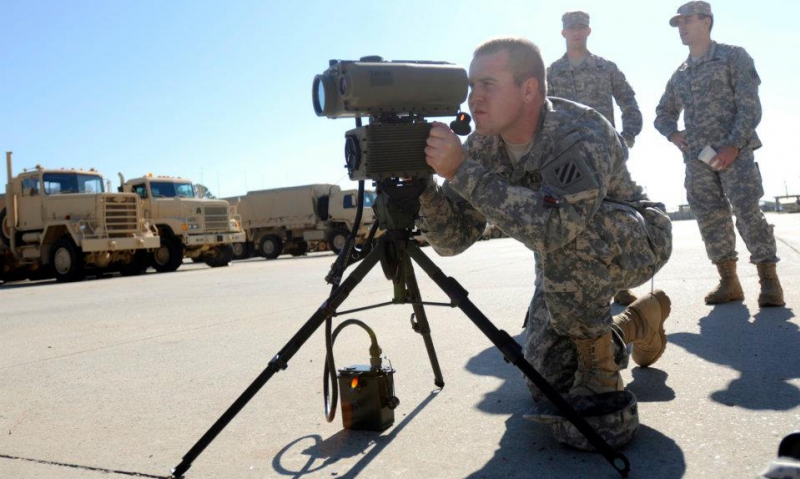
Companies want to hire specialists, not generalists. Your military experience can put you in the former category.
Companies hire specialists – people who have specific expertise in job functions, industries, professions, technologies and so on. In years past, there were plenty of generalist jobs – midlevel management positions that required broad skills. Some of those jobs still exist, but they’re few and far between, and often reserved for the highest-level positions like president, CEO and COO.
In today’s competitive job market, specialists dominate. Companies don’t need you to be able to do 10 things. They need you to do one or two things very well. For military personnel transitioning into the private sector, being a specialist is a huge advantage. Whether a network engineer, communications specialist, logistics manager, accountant or any one of scores of other jobs, you can position yourself with clarity.
Clarity is vitally important since it instantly communicates who you are and the value you bring to an organization. If a company is searching for an experienced aircraft maintenance engineer – and that’s precisely what you did – you can make it easy for them to identify you as a quality hire.
How? By writing a résumé, LinkedIn profile and cover letter that showcase your skills, credentials and more that are related to aircraft maintenance. For example, don’t start your résumé with a heading called “Skills.” Instead, start with: AIRCRAFT MAINTENANCE ENGINEER – 8 Years’ Experience.
Someone looks at your résumé and instantly knows who you are, and that is very important. It’s the headline that will capture their interest. Then follow up with relevant content – responsibilities, achievements, projects and more.
Suppose your military service was 15 years, but only eight were in aircraft maintenance, your current goal. Be sure to put the most emphasis on things that are related and don’t waste a lot of space on things that aren’t.
Focus your career communications on what matters now, and what’s related to the jobs you’re targeting today, along with what specialized skills you have to offer a new employer. Do this and watch your job search accelerate.
Wendy Enelow is co-author of “Expert Résumés for Military-to-Civilian Transitions” and “Expert Résumés for Career Changers.”
- Job Front

